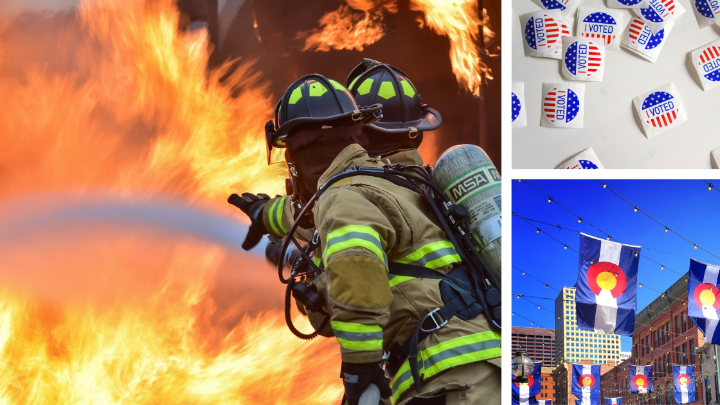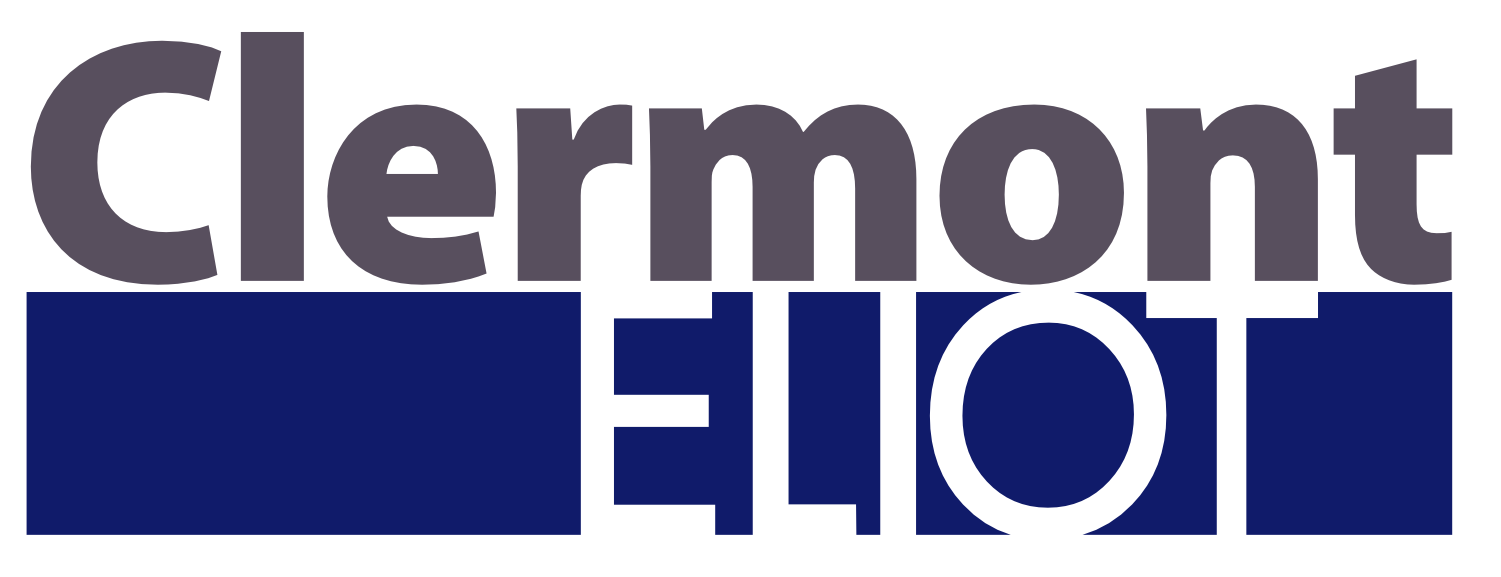We Helped Amend A Constitution With…3:10 to Yuma (County)
We Helped Amend A Constitution With...3:10 to Yuma (County)

This is part of a series of posts reflecting on Clermont Eliot’s experience with Amendment B, which in 2020 delivered the most substantial fiscal reform to the Colorado Constitution in more than a generation. To be very clear, Clermont Eliot was one part of a fantastic campaign team co-managed by EIS Solutions and Onsight Public Affairs (both of whom we greatly admire).
There’s a saying in the cowboy “Code of the West” that one should always be courageous and cowards aren’t tolerated in any outfit worth its salt.
In Fall of 2020, Andy and I were working with a team to pass Colorado State Constitutional Amendment B. This change in the state property tax law, called the Gallagher Amendment, aimed to correct an unfair property tax burden on commercial property owners and ultimately do away with a required rate cut for residential property owners. Just typing it now is scary—it was extremely difficult to distill into a simple, manageable message and harder yet to explain to masses of Coloradans who were dealing with a pandemic, an economic freefall, and a devastating wildfire season in the late summer and early fall.
In the late stages of the campaign on Amendment B, it was clear that the battle for the Eastern Plains of Colorado wasn’t won. Polling showed a large swath of Coloradans heard the phrase “repeal the Gallagher Amendment” and pretty much immediately tuned out. Our outreach team called me, which was uncharacteristic given my assigned role was that of the campaign spokesperson. Ninety percent of my time was fielding reporter questions or pitching stories about those harmed by the state’s wonky property tax law. The outreach team requested I take a drive out east to Yuma County to talk to an all-volunteer fire district—guys whose day jobs are farming and ranching because there aren’t a lot of office jobs on the Eastern Plains. But if something is burning or if their neighbors and friends need of help, these men put on firefighting equipment and come running.
A misinformation campaign about repealing the worn out tax policy was happening at the county level. There were whispers that voting for the measure would not just hurt special districts like the Yuma County Fire Protection District and local school districts, but that it would send their tax money to the Front Range and increase their property taxes. This rumor was not only unsubstantiated, but simply false. Despite that, I was an outsider and it was up to me to lay out the benefits and risks of Amendment B…to prove the “other guy” wrong. My objective was to explain the harm that would be done to the inflow of revenue should Amendment B not pass, revenue that fire districts count on to repair and replace equipment and generally, keep the doors open.
The drive was more than three hours from Denver to Wray and happened to be a week when all of Colorado seemed to be on fire. As I drove, ash rained down, covering everything in a layer of soot and making for an ominous sky. I secretly hoped it wasn’t an omen. When I arrived at the fire hall, I was immediately given a warm welcome from the chairman of the district. I took a seat at the large U-shaped set of tables where a few firefighters were already in conversations about goings-on in town and how COVID-19 was affecting their work and lives. Now, before I made the trip out, I was under the impression that a handful of guys would attend the meeting. But within the first 15 minutes or so after I arrived, every seat in the fire hall filled. By the time the meeting began, I had an audience of about 20 guys. I knew I was at the top of the agenda and so I had already passed around the handouts I brought and quickly understood that this crowd wasn’t interested in my sleek digital presentation I had prepared for them – they wanted to hold the paper and my argument in their hands – and look me square in the eye.
For an hour, we all discussed how the state’s overreaching tax policy had been slowly stripping away the funding Yuma County Fire Protection District needed to keep its community safe. It was at times contentious. The previous misinformation that had worked its way through the community was as compelling as it was inaccurate. But I came with something more powerful: an evidence-driven story. We talked through projected revenue losses to Yuma County, broken out by different districts within the county, using numbers provided by the Colorado State Property Tax Administrator. The state assessment numbers illustrated worrisome trend lines: $120,000 in revenue losses for the Wray School District, and Yuma County stood to lose more than $136,000 without Amendment B. I did my best to answer every question I could, and when I didn’t know the answer, I said so. I left with gratitude that the firefighters heard me out, but as anyone in campaign management can tell you, with a pervasive sense of unease.
In rural Colorado as in many parts of the U.S., there’s a social construct that honesty is absolute, that your word is your bond and a handshake is more binding than a contract. The night I left the fire hall in Wray, I got a few nods, but no handshakes (I don’t think coronavirus had anything to do with it). However, a couple of days after I returned from Wray, the chairman called to thank me for making the long drive and for laying out the information in a straightforward way. He went on to say that some folks had already voted against Amendment B, but that they were sharing with their neighbors what I told them and wished us the best.
The night of the election, while most of the eastern Colorado went against Amendment B, Yuma County voted for the measure. It turns out, the firefighters delivered on their promise…it was the best feeling and stands as one of our proudest moments of the campaign.
